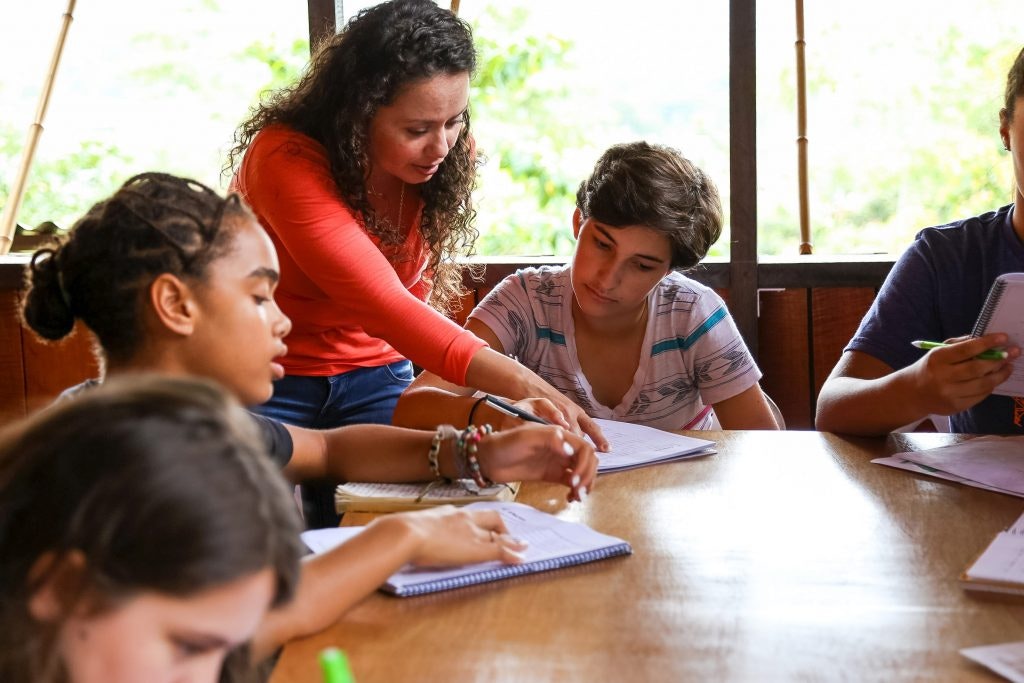







¡Hola amigos! Ready to explore the vibrant world of Spanish slang? Whether you’re just starting out or looking to enhance your conversational skills, understanding common Spanish slang is key to sounding more like a native speaker.
From casual greetings to everyday expressions, this guide will introduce you to essential slang terms that will enrich your Spanish vocabulary and help you connect more authentically with Spanish-speaking communities.

Spanish is the fourth most spoken language in the world after English, Mandarin, and Hindi. Spanish spoken worldwide showcases incredible linguistic diversity, with each region developing its own unique expressions, slang terms, and colloquial phrases.

The Spanish language is the official language in numerous countries and territories:
Other Spanish speaking countries and regions with significant Spanish-speaking populations include the United States, Belize, Andorra, Gibraltar, and the Philippines, where Spanish words have influenced local languages even as primary language use has declined.

Before diving into slang, it’s helpful to master these standard Spanish expressions that are understood in most Spanish speaking countries.
Rustic Pathways Students on a Spanish Language Immersion in Costa Rica
Slang words and phrases vary significantly across Spanish speaking countries, showcasing the rich linguistic diversity of the language. Common words in one region might have completely different meanings in others, making slang an exciting aspect of language learning.
Puerto Rican Spanish stands out for its unique expressions, code switching with English, and distinctive slang terms. Puerto Ricans living on and off the island use these expressions to maintain cultural connections with close friends and family.
Puerto Rican wrestler Chicky Starr and his slang word catchphrases have influenced certain slang expressions that have become part of the cultural lexicon. English influence is also evident in Puerto Rican slang, with many English expressions adapted and incorporated through code switching. When a native speaker uses these terms, the word means more than just its literal translation – it carries cultural significance.
Students have some fun over dinner on Spanish Language Immersion in Costa Rica with a local host family.
Reggaeton songs have popularized many slang words across Spanish speaking countries. Artists from Puerto Rico and other Spanish speaking countries have created a unique vocabulary that transcends borders, especially among younger native speakers.
Famous reggaeton song lyrics often introduce new slang terms that quickly spread through Latin America and beyond. Puerto Rican artists in particular have been influential in creating slang words that are now used by Spanish speakers worldwide. Some expressions that originated in reggaeton music include:
These terms show how music serves as a vehicle for linguistic exchange between different Spanish-speaking regions and even incorporates English expressions into everyday Spanish vocabulary.
In formal settings or if it’s your first time visiting a Spanish-speaking country, we recommend using standard Spanish. However, if you are feeling confident and want to connect with native Spanish speakers on a deeper level, try out these Spanish slang expressions.
Remember that each country has its own unique set of slang words – Puerto Rican slang differs from Costa Rican slang, which differs from Mexican Spanish, and so on. These regional variations showcase the beautiful linguistic diversity of the Spanish language!
When meeting Spanish speakers from other countries, slang terms can be a fun way to learn about cultural differences. Just be careful, as a word that’s innocent in one country might have an entirely different meaning in another!
For English speakers learning Spanish, embracing slang is a great way to sound more natural and build stronger connections with your Spanish-speaking friends.